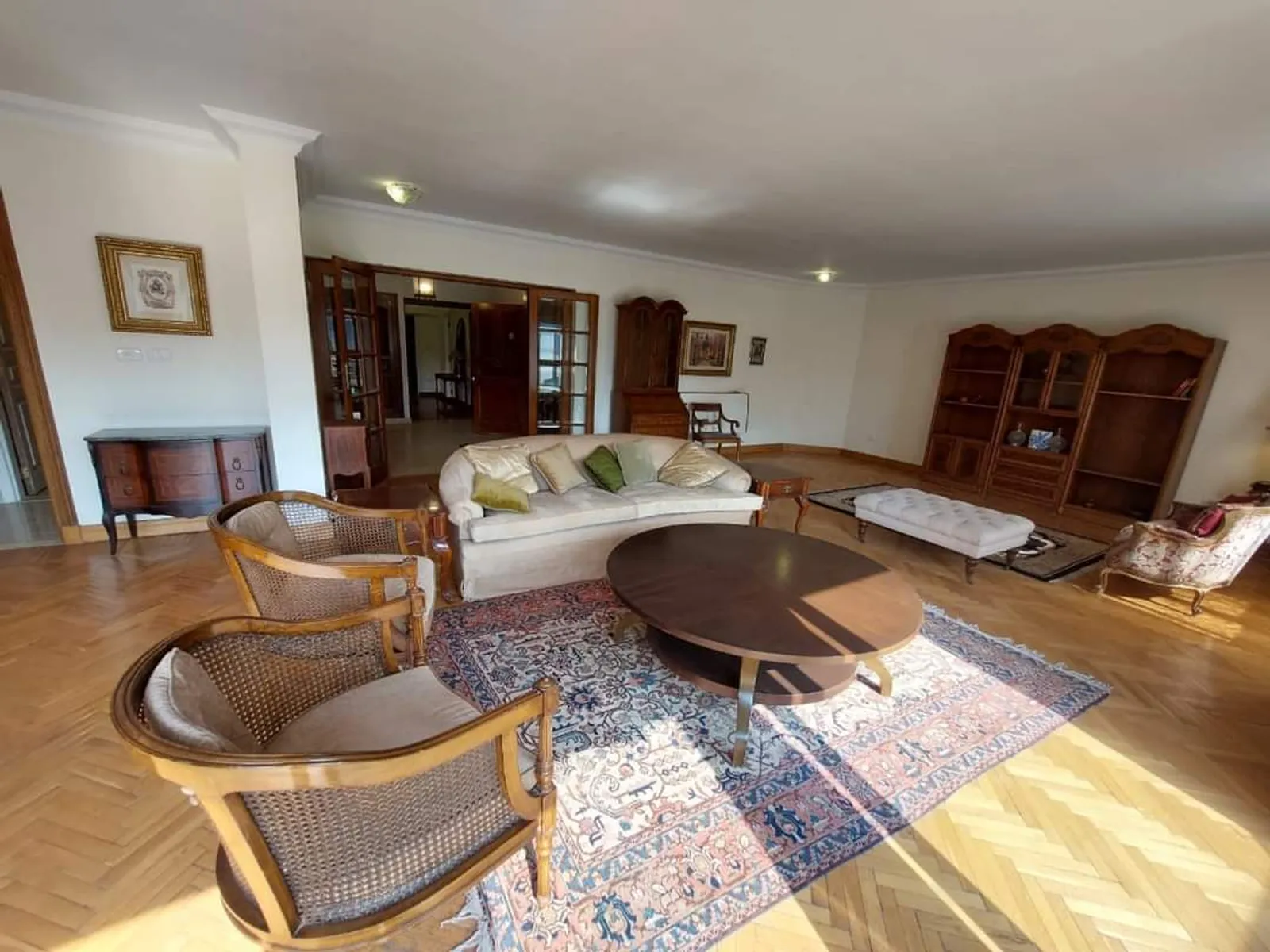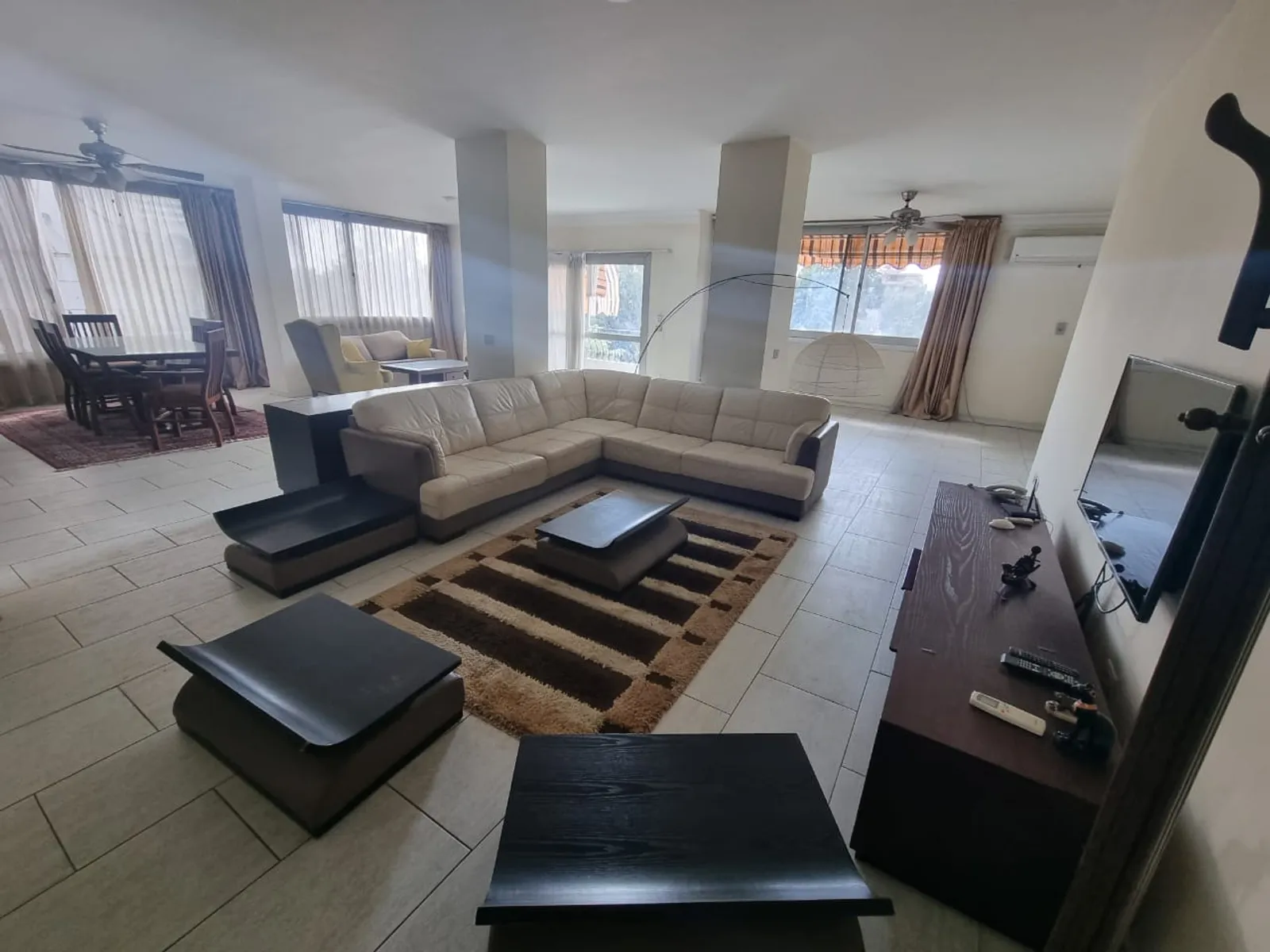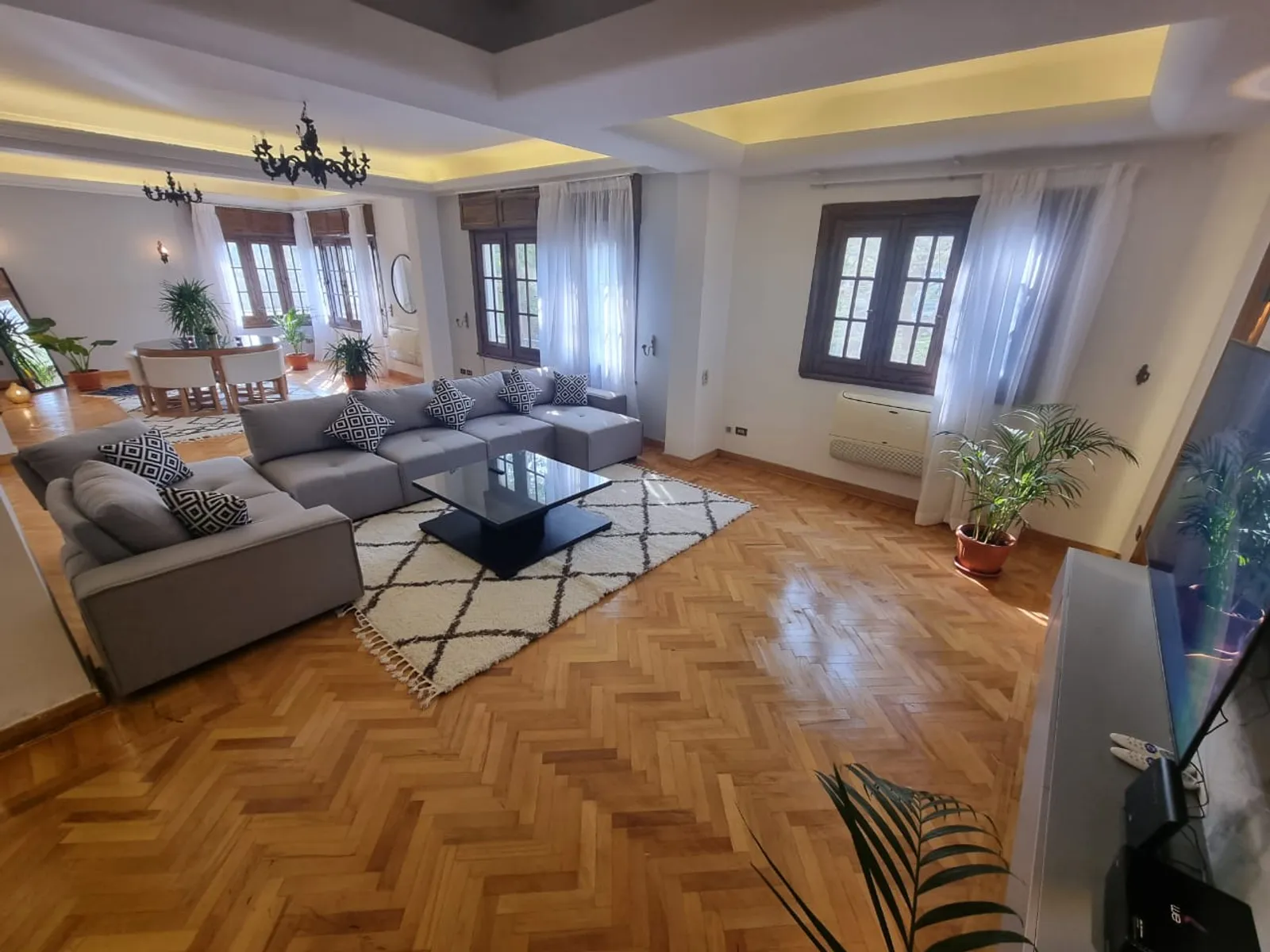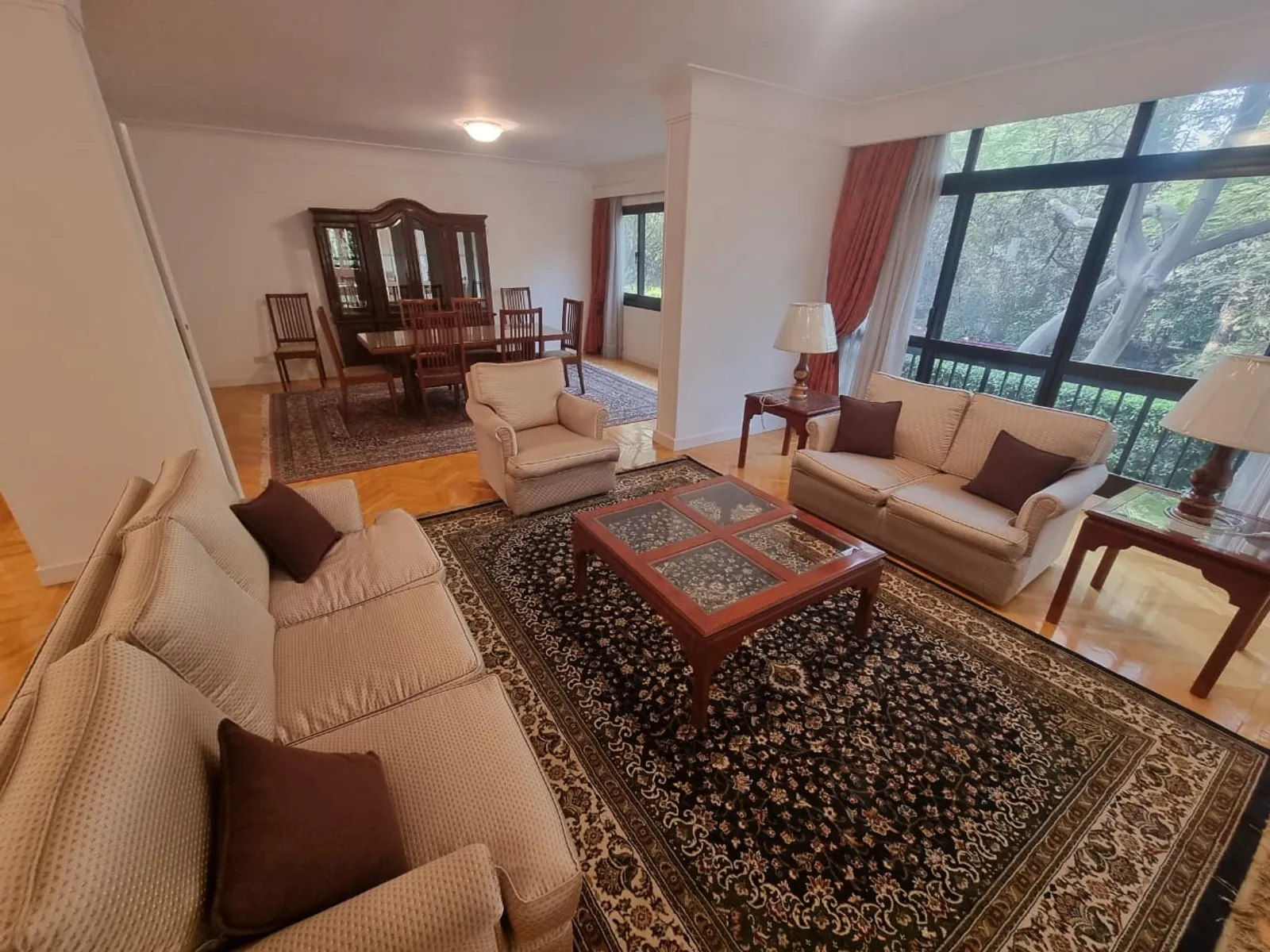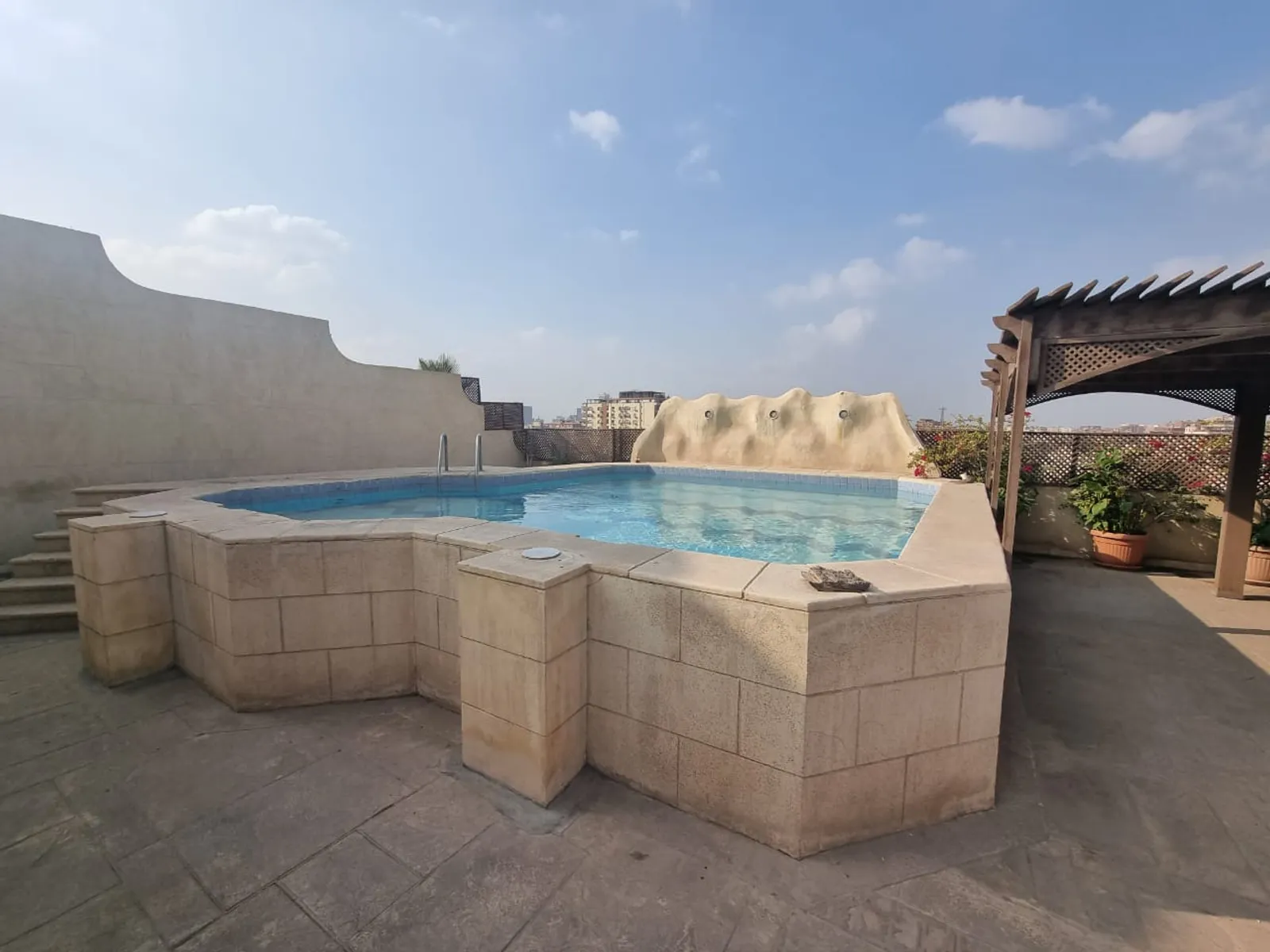IS COMPLETE SOUNDPROOFING POSSIBLE IN AN APARTMENT?
Renting an Apartment|6 MIN READ|Updated on: 22 April 2024|Written by: Marwa Samir
Soundproofing an apartment is not only possible, but it is also necessary in many cases. Living in an apartment can be challenging when you have neighbors who are noisy, or if you live near a busy street. Soundproofing your apartment can help to reduce the amount of noise that enters your living space and provide a more peaceful environment.
However, complete soundproofing may not be entirely achievable in an apartment due to various limitations such as building regulations and construction materials used. You cannot eliminate all sounds from entering or exiting your living space because of gaps present around windows, doors, and ventilation systems. However, there are several ways to minimize the noise level significantly.
Some of the measures that can be taken include using acoustic panels on walls and ceilings to absorb sound waves, sealing gaps around windows with weather stripping or caulking, installing soundproof curtains for windows and doors, using area rugs or carpets on floors to muffle footsteps and placing sound-absorbing materials under appliances like washing machines or dishwashers. While complete soundproofing may not be possible in an apartment due to structural limitations beyond our control, taking these steps will significantly improve the quality of life within your home.
Complete Soundproofing
Soundproofing an apartment completely is not entirely possible, but it can be improved to a great extent. Sound travels through air, and vibrations cause it to travel through walls, ceilings, and floors. The most effective way of soundproofing an apartment is by creating a barrier that blocks the sound from traveling further. This requires thick walls with multiple layers made of dense materials like concrete.
In most apartments, the interior walls are thin and made of drywall or plasterboard. To improve soundproofing in such cases, adding extra layers of drywall or acoustic panels can help reduce noise levels considerably. Another method is to use weather stripping on windows and doors to seal any gaps that may allow noise to pass through.
Moreover, using sound-absorbing materials like carpets or rugs on floors can also help reduce unwanted noise levels in your apartment. It's important to note that complete soundproofing depends on various factors such as the building structure and location, among others. Contact a professional for advice on the best methods for improving your apartment's acoustic environment based on your specific needs and budget constraints.
Types of Soundproofing
When it comes to soundproofing, there are a few different types of methods that can be used. The first and most common is insulation. Insulation is an effective way to reduce noise transfer between rooms or apartments. It helps to absorb sound waves and prevent them from traveling through walls.
Another common type of soundproofing is the use of acoustic panels. These panels are specifically designed to help absorb sound and can be used in a variety of settings. They come in different shapes, sizes, and colors, making them a versatile option for any space.
Double-glazing windows can also help with soundproofing an apartment. These windows have two layers of glass with a vacuum or gas-filled space between them which reduces the amount of noise that enters the room through the window. While complete soundproofing may not be possible in an apartment setting due to shared walls and floors, using these methods can greatly reduce unwanted noise transfer between spaces.
Professional Help
While it is not possible to achieve complete soundproofing in an apartment, there are steps that can be taken to significantly minimize noise transfer between units. One option is adding additional layers of drywall and insulation on shared walls. This will help absorb sound waves before they travel through the wall and into the adjacent unit. Using acoustic sealant around outlets, vents, and gaps can also prevent sound from leaking through.
Another effective solution for reducing noise transfer is installing acoustic panels or curtains in rooms where sound travels easily, such as home theaters or music studios. These materials are designed to absorb sound waves and improve acoustics within a space. Additionally, using heavy-duty rugs or carpeting on floors can help dampen impact noise from footsteps or dropped objects.
For those who are experiencing excessive noise in their apartment and have tried these solutions without success, seeking professional help may be necessary. Soundproofing experts can assess the specific needs of each individual case and provide custom solutions tailored to the space's unique layout and structural makeup.
Benefits and Drawbacks
While complete soundproofing may not be entirely possible in an apartment, some benefits come with attempting to do so. Firstly, the sound reduction can lead to a more peaceful living environment. It helps reduce noise pollution from outside and inside the apartment, including street traffic or noisy neighbors. Secondly, if you work from home or are a student who needs silence to concentrate, it can significantly improve productivity levels.
However, there are also drawbacks to attempting to achieve complete soundproofing in an apartment. Firstly, it is essential to remember that while many measures can help reduce noise levels significantly, they cannot eliminate them entirely. Therefore complete soundproofing may not be entirely possible for everyone's desired noise level reduction. Secondly, some solutions like adding extra insulation and thicker windows could end up being expensive and time-consuming.
While complete soundproofing might not be entirely achievable in an apartment setting due to varying factors such as building materials and personal preferences; taking steps towards minimizing noise levels can have numerous advantages like improving your overall living experience by creating a quieter environment that fosters relaxation and sleep quality at night while also boosting productivity during the day when needed. Achieving this comes with potential drawbacks such as cost investments and less flexibility when making changes within the space due to permanent installations that would alter certain structural aspects of the apartment unit itself.
Cost Considerations
When it comes to soundproofing an apartment, the cost is a major consideration. Complete soundproofing may not be feasible for everyone due to the significant costs involved. However, there are several affordable solutions that can significantly reduce noise transmission.
One of the most cost-effective ways to reduce noise is by using acoustic panels. These panels come in different sizes and shapes and can be easily installed on walls, ceilings, or floors. Another budget-friendly option is using weather-stripping tape around doors and windows to eliminate air gaps where sound travels through.
It's also important to consider the type of flooring used in your apartment as it greatly affects noise transmission. Installing carpet padding under carpets or rugs creates a barrier between the floor and living space which absorbs sound waves.
Conclusion: Is it Possible?
In conclusion, achieving complete soundproofing in an apartment is a challenging task. While there are many options available to minimize noise transfer between units, it may be difficult to eliminate all noise completely. Factors such as the construction of the building and its location can also play a significant role in how much soundproofing is possible.
However, with the right materials and techniques, it is certainly possible to significantly reduce unwanted noise levels. Acoustic insulation solutions such as double-glazed windows or acoustic panels can help absorb sound waves and prevent them from traveling through walls and ceilings. Additionally, using heavy curtains or installing door sweeps can further reduce noise transmission.
Overall, while complete soundproofing may not be entirely achievable in an apartment setting, taking steps toward minimizing unwanted noise can greatly improve your living experience.



